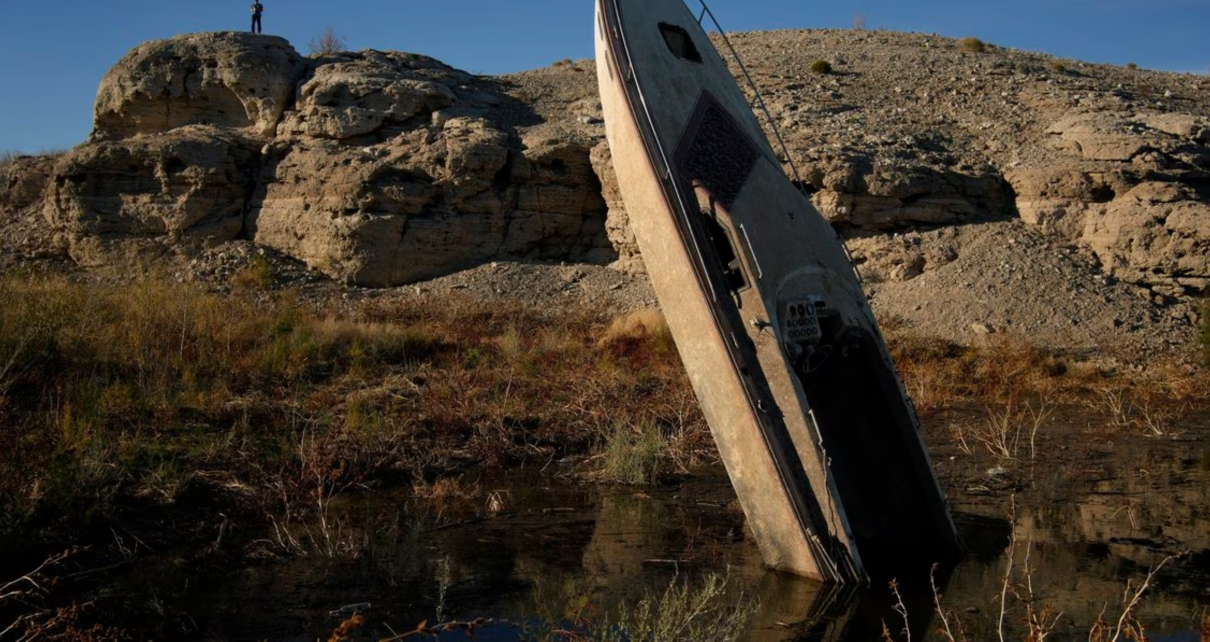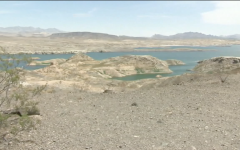
Recent Snowfalls May Slow Water Level Decline at Lake Mead
By TheNevadaGlobeStaff, January 30, 2023 7:31 am
RENO, Nev. (775 Times, NV Globe) – Some scientists say, recent snowfalls that fed the Colorado River may have slowed the water level reduction of Lake Mead on the Nevada-Arizona border.
Forecasters now predict Lake Mead to finish this year around 1,027 feet elevation, roughly 19 feet lower than its present level.
According to the Las Vegas Review-Journal, this is nearly 7 feet higher than the bureau’s projection by the end of the year in 2023.
Into the newspaper, Lake Powell, the reservoir on the Arizona-Utah border, will conclude the year at 3,543 feet, which is 16 feet higher than the previous month’s projection and nearly 19 feet higher than its present level.
While the estimates have improved with the snowfall, the anticipated levels indicate that Lake Mead will be in limited supply for at least the third year in a row.
“I think the big picture is that we’re dealing with some very long-term deficits along the Colorado River system,” Steph McAfee, the state climatologist and a professor at the University of Nevada, Reno, told the Review-Journal. “A good year is good news. And I don’t want to diminish that. But it’s not going to fix the problem.”
According to the newspaper, the basin has been greatly assisted by a series of nine atmospheric rivers that pounded most of the West during a three-week period beginning days after Christmas.
Snowpack levels are significantly above average across the area, with certain portions of California and Nevada already nearing or exceeding 200 percent of average for this time of year.
According to the Review-Journal, the majority of the discharge for the Colorado River will be snow melting off the Western Rockies, where the snowpack is now at a robust 146 percent of average.
According to the most recent Colorado Basin River Forecast Center predictions, snowmelt runoff from April to July is predicted to flood the river to 117 percent of its 30-year normal when it melts and flows downstream to Lake Powell.
This is a significant increase from the 79 percent average predicted by the center for the river last month.
The concern now, according to McAfee, is whether the wet trend will continue, which is extremely difficult to anticipate for the upper Colorado River basin.
Credits: KOLO TV
Copyright 2023 775 Times, NV Globe. All rights reserved.




